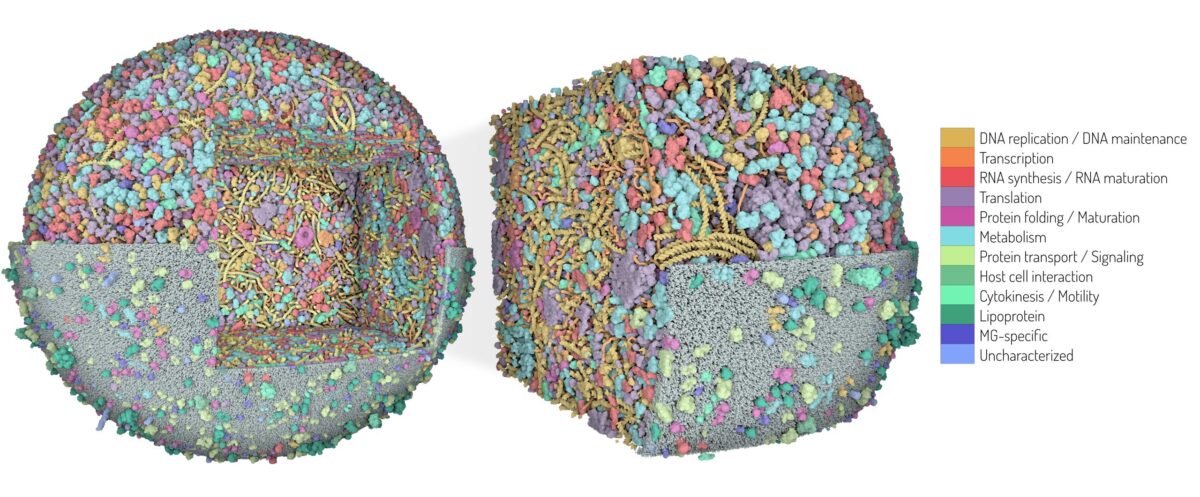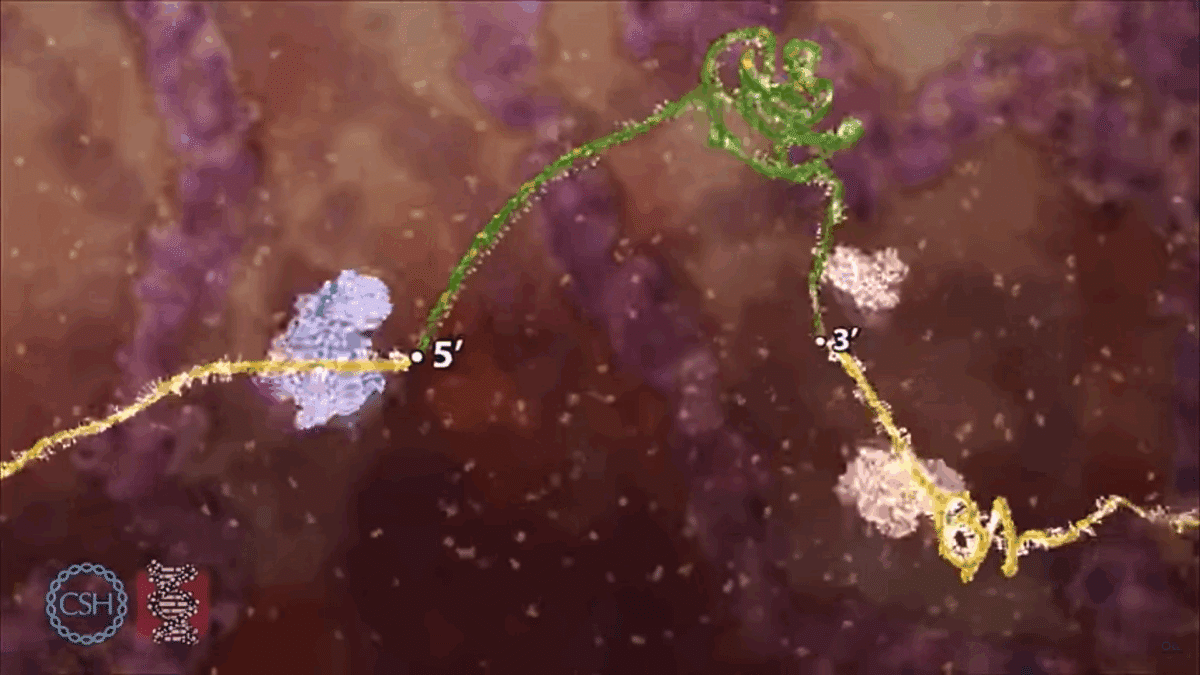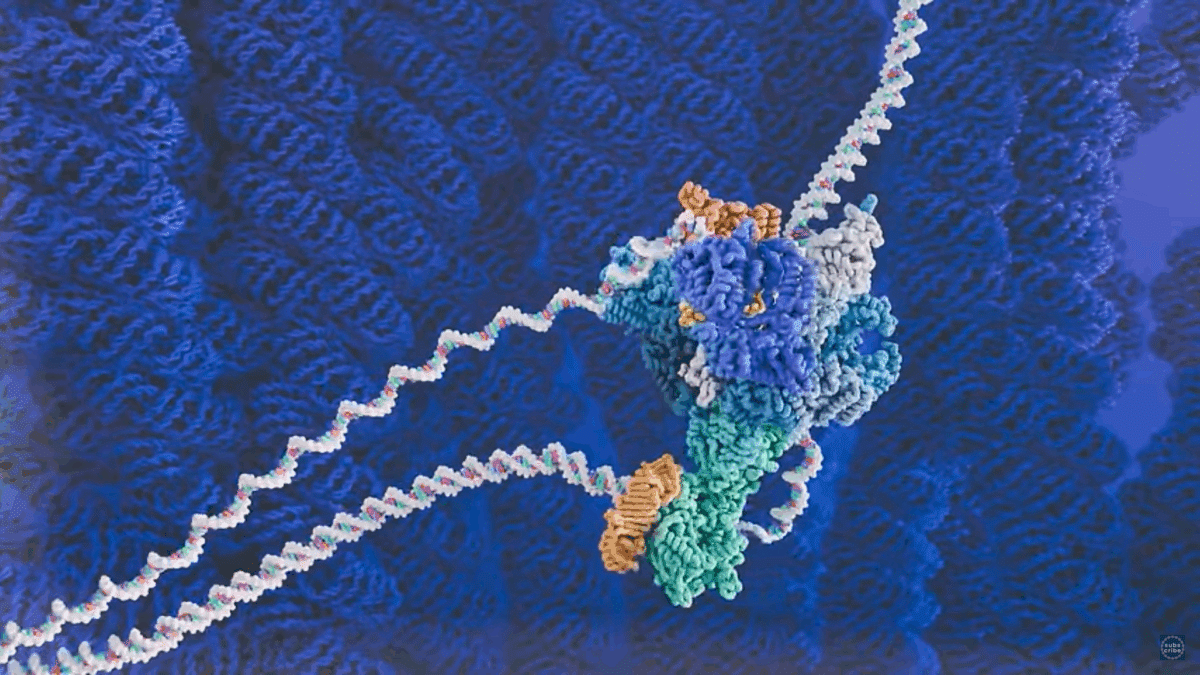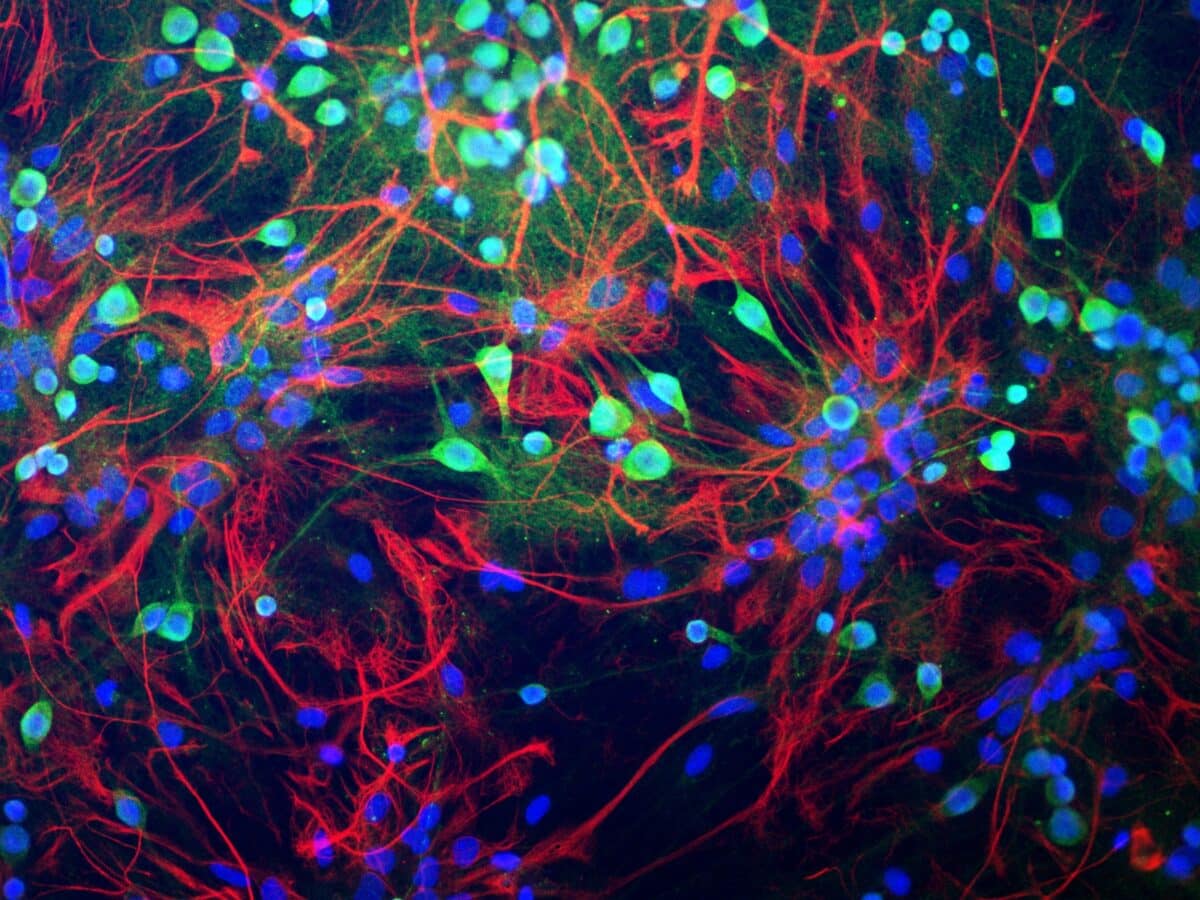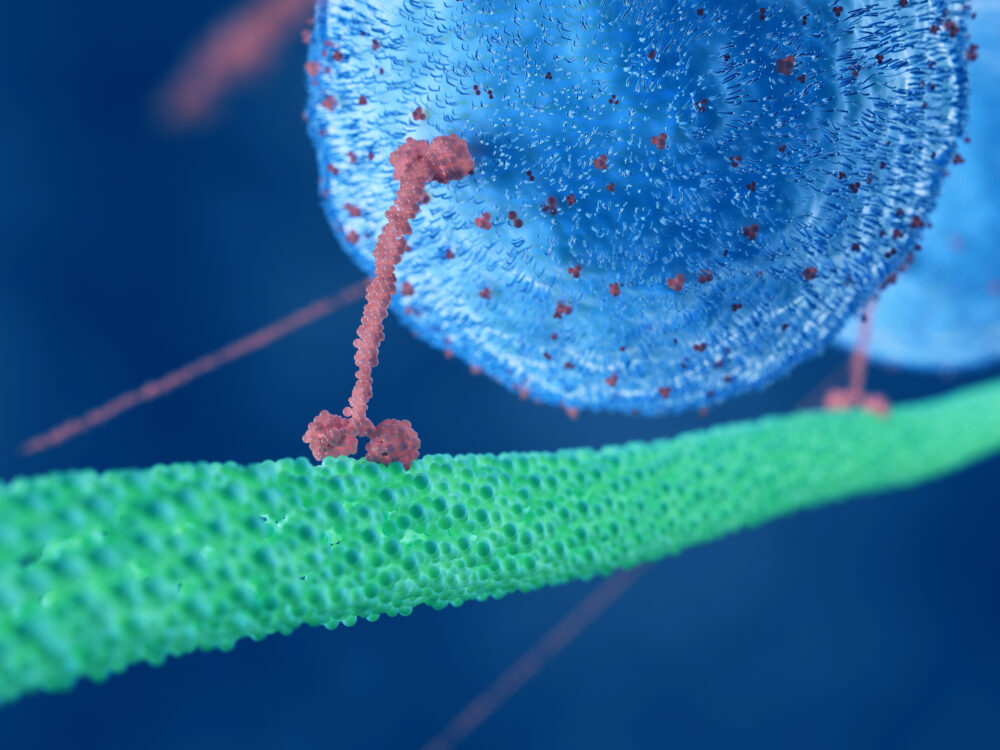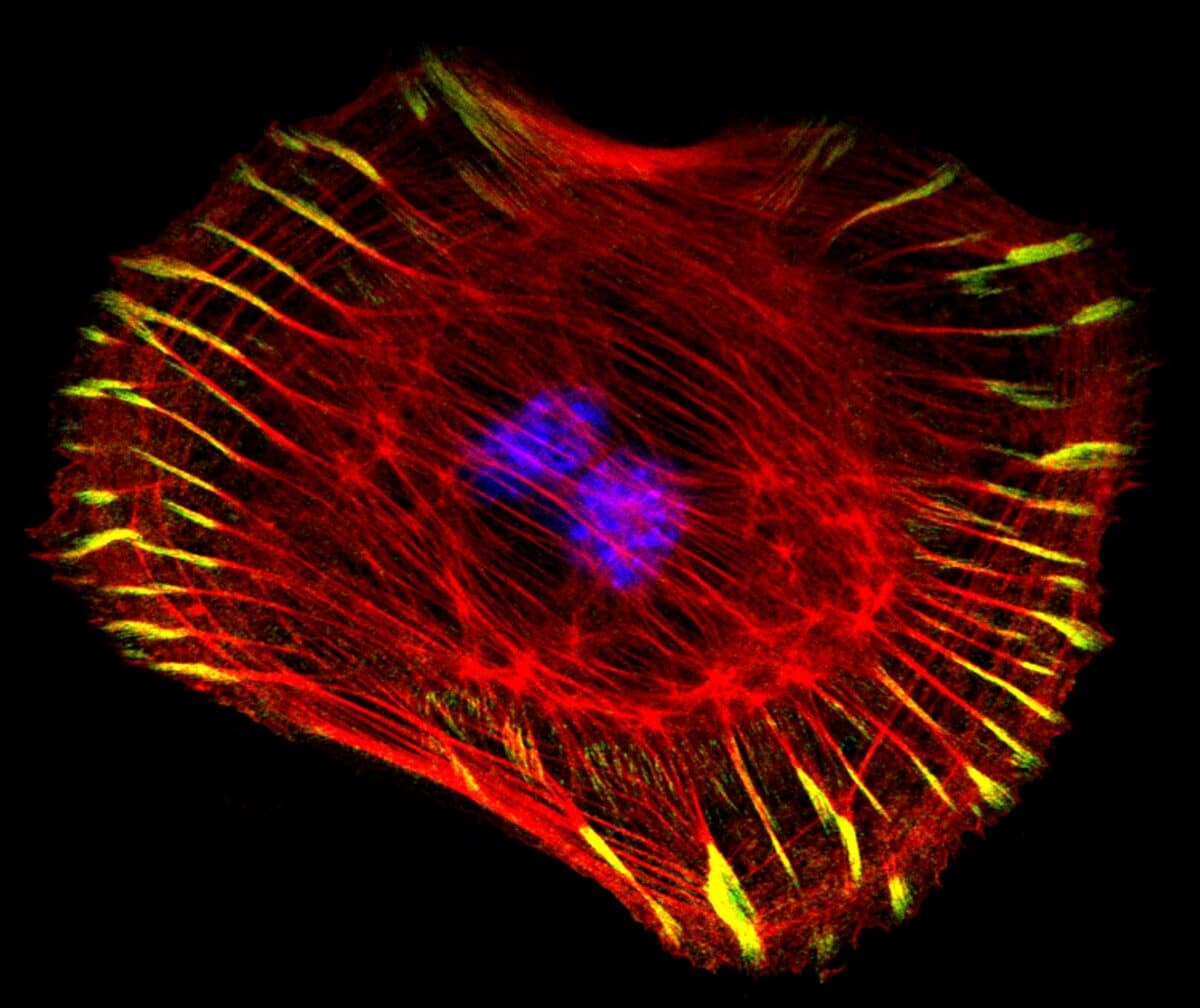Dr. Jonathan McLatchie holds a Bachelor's degree in Forensic Biology from the University of Strathclyde, a Masters (M.Res) degree in Evolutionary Biology from the University of Glasgow, a second Master's degree in Medical and Molecular Bioscience from Newcastle University, and a PhD in Evolutionary Biology from Newcastle University. Previously, Jonathan was an assistant professor of biology at Sattler College in Boston, Massachusetts. Jonathan has been interviewed on podcasts and radio shows including "Unbelievable?" on Premier Christian Radio, and many others. Jonathan has spoken internationally in Europe, North America, South Africa and Asia promoting the evidence of design in nature.
